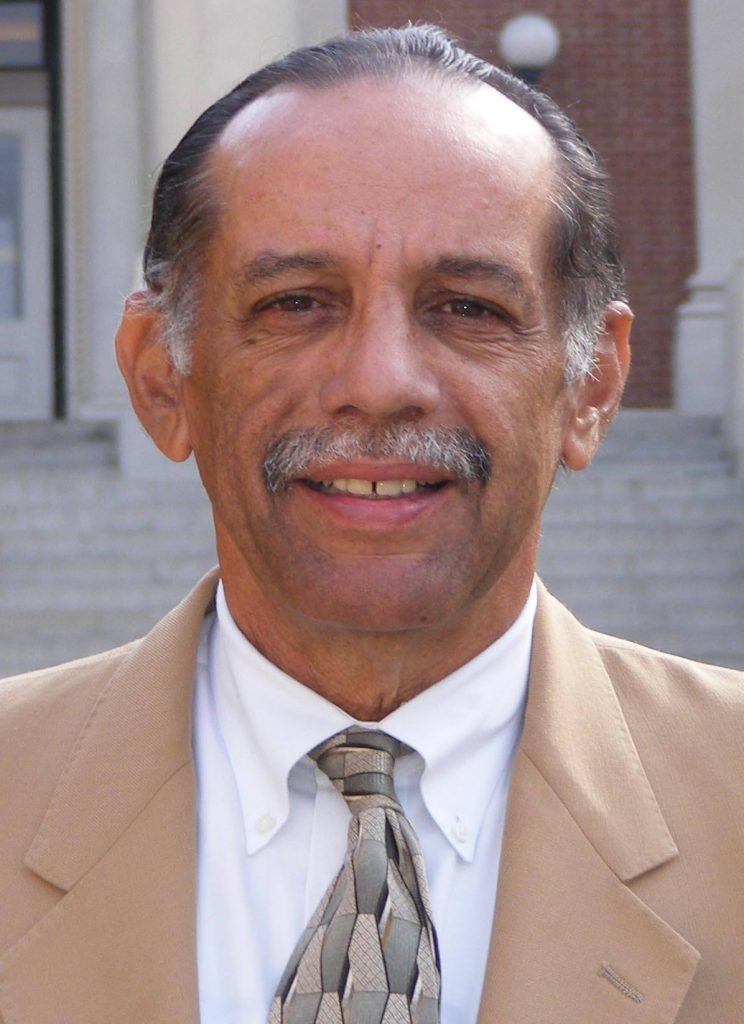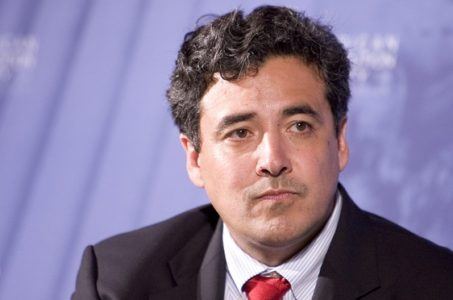Maryland Casinos Tell Lawmakers to Back Sports Betting
Posted on: October 11, 2017, 04:00h.
Last updated on: October 11, 2017, 02:59h.

In December, the US Supreme Court is scheduled to begin hearing New Jersey’s plight to repeal PASPA, the law that forbids sports betting at a federal level.
The upshot is, there’s a very real chance that states could be granted the right to legalize sports betting within their own borders.
Representatives of Maryland’s six casinos said lawmakers needed to move fast on the issue and urged them to introduce legislation that would authorize the casinos to roll out sports books quickly in the event of a positive Supreme Court decision.
Slow on the Uptake
Maryland is already lagging behind nine states that have seized the moment and introduced sports betting legislation.
Along with New Jersey, Connecticut and Mississippi have now passed such legislation.
The danger is that Maryland’s casinos will be disadvantaged if they are not proactive.
Delegate Frank Turner (D-Howard County), the committee’s House co-chair, wasn’t quite getting it at first.
“If we don’t move on it in ’18, we can move on it in ’20,” he reasoned.
“Whether or not we do it this year or next year, I don’t really think it makes that much difference,” the he added “We were told that we got into the casino business late, and maybe we did, but I don’t think it’s affecting us that much because it’s doing very well now.
“I just don’t think it’s a critical issue that we have to act really quickly on.”
SCOTUS Decision Expected in Spring
Joe Weinberg, head of Cordish Companies, the operator Maryland Live Casino & Hotel, quickly filled him in.
“It’s critical that we be able to stay at the forefront of what’s happening nationally in order to maintain our competitiveness, not only within the state but also to take on competitors in surrounding states as well,” Weinberg said. “I think if we wait until after there’s 100 percent clarity at the federal level, we will be two or three years behind surrounding states.”
Should the legislature take all this on board, any sports betting bill that surfaces would require a public referendum to amend the Maryland constitution, after it had been ratified by both chambers and signed by the governor.
All this would take time. Meanwhile, the Supreme Court is expected to deliver a decision in spring, possibly after Maryland’s legislative ends in April.
Related News Articles
New Jersey Lawyers Take Case for Sports Betting to US SG’s Office
William Hill Considers Offloading Australian Business
Most Popular
Mirage Las Vegas Demolition to Start Next Week, Atrium a Goner
Where All the Mirage Relics Will Go
Most Commented
-
Bally’s Facing Five Months of Daily Demolition for Chicago Casino
— June 18, 2024 — 12 Comments
















No comments yet